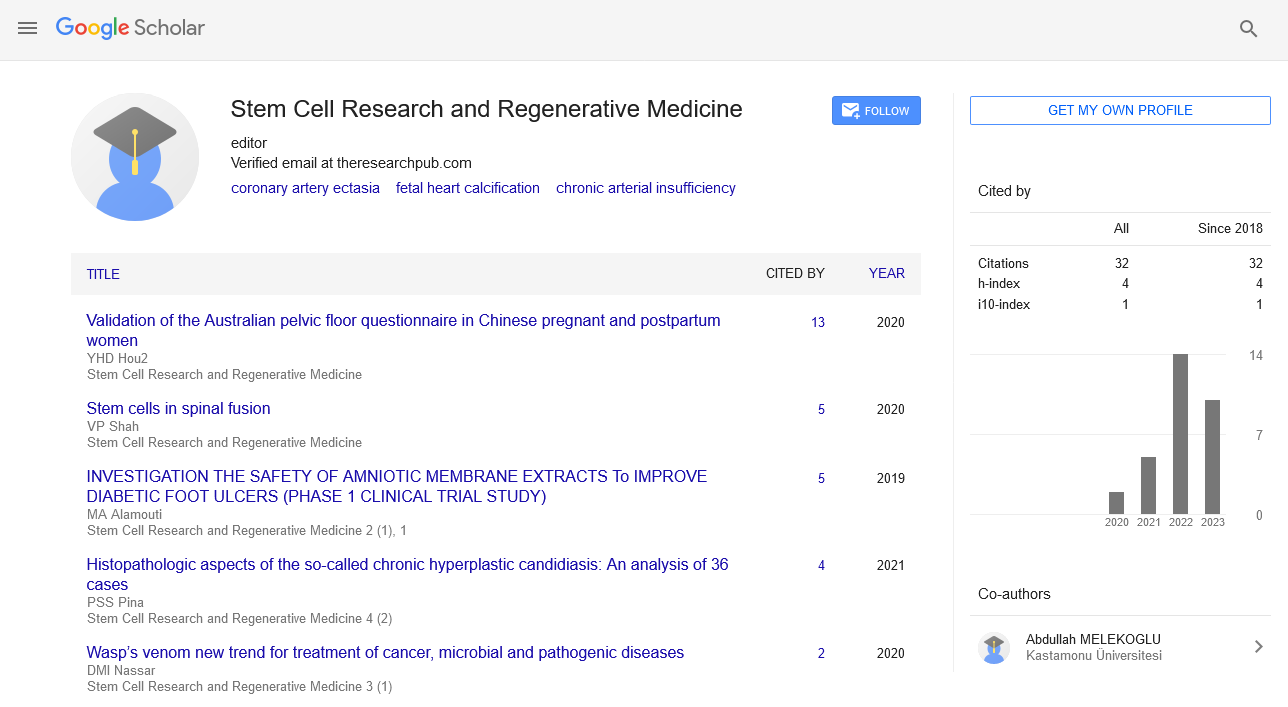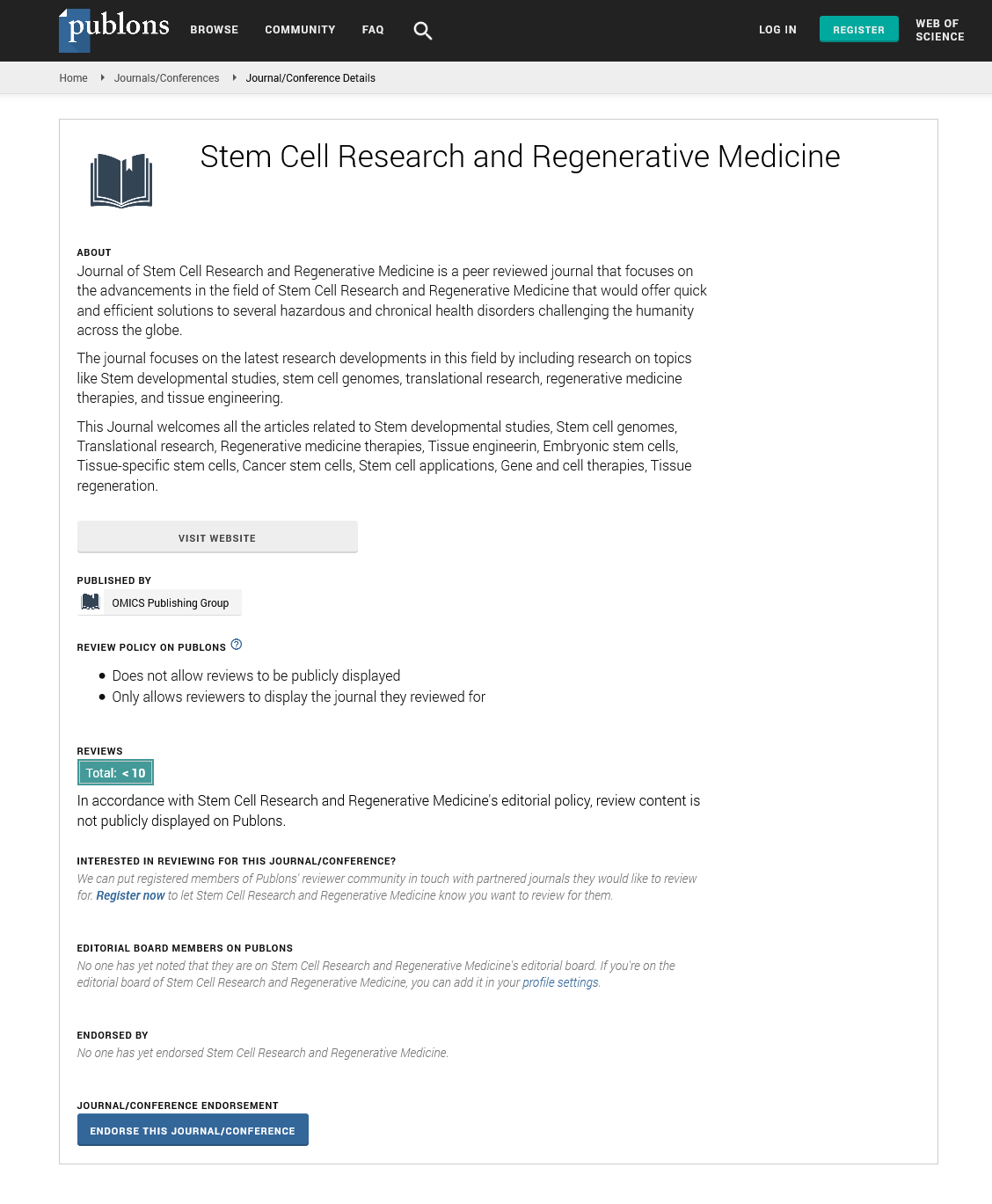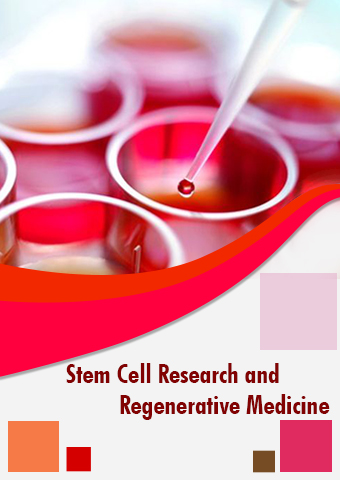Short Communication - Stem Cell Research and Regenerative Medicine (2020)
MELK in cell cycle regulation, cancerogenesis and wound healing
Lukasz Szymanski
Military Institute of Hygiene and Epidemiology, Poland
Abstract
Objective: In our laboratory, we work on the role of MELK kinase in the cell cycle regulation, cancerogenesis and wound healing. MELK plays important and complex roles in these processes as well as in the functioning of the cytoskeleton and to gene regulation. One of most important function is the control of the cell proliferation. For this reason, we are interested in the role of this protein in cancerogenesis and in the wound healing. Methods: We analyze effects of silencing or overexpression of MELK and effects of mutant protein expression in cells. We also analyze the effects of MELK silencing on wound healing in vivo. Key findings: The MELK overexpression in normal healthy skin fibroblasts slows down their proliferation indicating that, contrary to previous data, MELK inhibits and not stimulates cell cycle machinery. We are currently analyzing effects of MELK knock out using CRISPER/Cas 9 method in normal skin fibroblasts and keratinocytes. Silencing of MELK in vivo results in faster wound healing, however non-specific siRNA is even more effective. Conclusions: Any major equilibrium disorder of MELK expression can affect the proliferation rate in cells. Experimentally modified levels of MELK may be useful for eventual induction of the accelerated wound healing and the tumor regression via modification of the rate of cell proliferation.
Publications
1. The Role of Hypoxia and Cancer Stem Cells in Renal Cell Carcinoma Pathogenesis
2. Biology of renal tumour cancer stem cells applied in medicine
3. Functional significance of CD105-positive cells in papillary renal cell carcinoma
4. Fas/FasL pathway and cytokines in keratinocytes in atopic dermatitis–Manipulation by the electromagnetic field
5. Colony, hanging drop, and methylcellulose three dimensional hypoxic growth optimization of renal cell carcinoma cell line.
Biography
Lukasz Szymanski has completed his Ph.D. at the age of 25 years from the Military Institute of Hygiene and Epidemiology. In his Ph.D. work, he investigated the Fas/FasL pathway and cytokines in keratinocytes in atopic dermatitis. He is the assistant professor of the Military Institute of Hygiene and Epidemiology, Warsaw, Poland.


